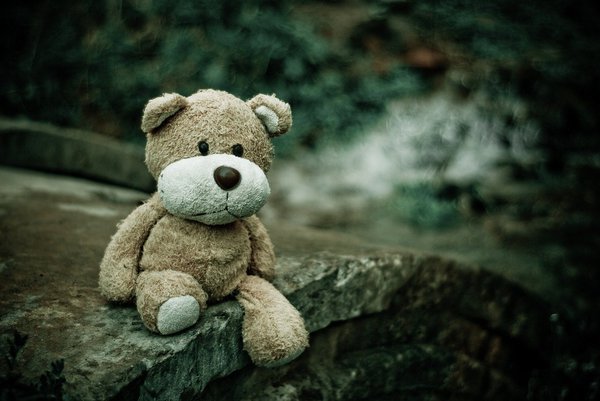So far there have been 554,064 deaths due to COVID-19 in the United States. Many families will forever be altered, especially the children who have lost a parent during the pandemic.
Penn State University researchers have calculated that almost 40,000 U.S. kids have lost a parent to COVID-19 since February 2020. Using a statistical model, they estimate that for approximately every 13th COVID-related death, a child loses one parent.
- MORE HEALTH
- Children may be playing a big role in the rapid spread of COVID-19 variant, former Biden adviser warns
- Backed by millions in public cash, rapid COVID tests are coming to stores near you
- All New Jersey residents 16 and older become eligible for COVID-19 vaccine on April 19
The parental loss during the pandemic has been about 13 times the estimated 13,000 children who lost a parent during the September 11, 2001 attacks, they say.
In a research letter published in JAMA Pediatrics, experts raise concerns of the mental health and economic burden these children will face in the future.
This vulnerable population is at a higher risk for traumatic prolonged grief and depression, lower educational attainment, economic insecurity and accidental death or suicide, explains Ashton Verdery, associate professor of sociology, demography and social data analytics, and Institute for Computational and Data Sciences co-hire, at Penn State.
"When we think of COVID-19 mortality, much of the conversation focuses on the fact that older adults are the populations at greatest risk. About 81% of deaths have been among those ages 65 and older according to the Centers for Disease Control and Prevention," Verdery said.
"However, that leaves 19% of deaths among those under 65 — 15% of deaths are among those in their 50s and early 60s and 3% are among those in their 40s. In these younger age groups, substantial numbers of people have children, for whom the loss of a parent is a potentially devastating challenge."
The model suggests that 75% of the children who lost a parent are adolescents and one-quarter are elementary-aged children. Black families have been inordinately hit hard. While only 14% of the children in the U.S. are Black, they represent 20% of all the children who lost a parent due to COVID.
This large number of children needing parental bereavement support could put a lot of extra pressure on the country's already stretched bereavement support services, the researchers cautioned. Even before the pandemic, not all children who were eligible for these services got them.
Children who have lost a parent to COVID-19 also face other unique challenges brought on by the pandemic, including social isolation, virtual schooling and family economic struggles. Disconnection from school and community programs that might offer support may also make it difficult for these children to get the help they need.
"Teachers are such a vital resource in terms of identifying and helping at-risk children, and it is harder for them to do that when schools are operating remotely and teachers are so overburdened, making it vital to resume in-person instruction safely and support worn-out educators," Verdery said.
After the 9/11 attacks, federal programs were put into place to help children of those who died. Verdery and his colleague say that equal — or greater — national efforts are needed to help children who have lost parents in the pandemic.
"I think the first thing we need to do is to proactively connect all children to the available supports they are entitled to, like Social Security child survivor benefits," Verdery said. "Research shows only about half of eligible children are connected to these programs in normal circumstances, but that those who do fare much better."
"We should also consider expanding eligibility to these resources. Second, a national effort to identify and provide counseling and related resources to all children who lose a parent is vital."
Locally, Penn Medicine's David Bradley Children's Bereavement Program offers support to children who have lost a parent. The program provides individual grief counseling, workshops that foster creativity and play, and camp activities. Camp Erin Philadelphia is open to children and teenagers, ages 6 to 17, who experienced the death of someone important in their lives.
Uplift Center for Grieving Children is another resource for Philadelphia families. Its HopeLine (1-833-PHL-HOPE) is a free, confidential helpline sponsored by the School District of Philadelphia.
Genesis Counseling Centers in South Jersey also offer grief counseling for families.


